For students who want to learn new skills, prepare for a different career, or explore a new field of study, online certificate programs at accredited institutions can be an ideal alternative to a full degree program.
Where a degree can take anywhere from 2-4 years to complete, certificate programs are typically designed to take one year or less. Because of their shorter length, they also often cost less than traditional degrees.
Some benefits of earning an online certificate — increased earning potential and lower unemployment rates. According to the Bureau of Labor Statistics (BLS), the median weekly earnings for individuals with some college education is $935, compared to $853 for students without college experience. They also have an unemployment rate of 3.5%, compared to 4% for those with a high school diploma.
Learn more about online certificate programs, including popular areas of study, pros and cons, and how to choose the online certificate program that’s right for you.
What You Should Know About Online Certificates
The term “certificate” is used broadly across higher education, with various institutions and organizations using the term to describe different educational paths.
Traditional degrees are designed to give students a broad-based education covering theoretical and practical knowledge in a given subject area. Certificates provide more targeted skill development for immediate practical application.
Certificates are available at the undergraduate and graduate levels in traditional accredited college settings. All students who have completed high school are eligible for undergraduate certificates, while students must typically have an undergraduate degree and work experience to qualify for graduate or professional certificate programs. Credits earned through accredited certificate programs can usually be applied to complete degree programs.
Online certificates are also available from non-accredited organizations like coding bootcamps, online learning platforms like Coursera, edX, and LinkedIn Learning, and professional credentialing agencies. While these certificate programs can help students develop their skills or explore new topics, the quality of curriculum and faculty can vary widely because they’re not accredited. Employers may view them differently from certificates from accredited schools.
Online certificates attract a range of different students, including those who:
- Don’t have a degree but want career prep for entry-level jobs in their desired field
- Want to explore a new potential career path without committing to a full degree program
- Have a degree but wish to learn advanced or specialized skills
- Need continuing education credits to maintain professional credentials or licenses
- Want to switch careers without completing a full degree
- Learn new skills or gain new knowledge as a lifelong learner.
Because the curriculum in an online certificate program is so focused, they typically require 12-30 credits, compared to 60 credits for an associate degree and 120 credits for a bachelor’s. Most certificates can be completed in 6-18 months, depending on the number of credits and program pacing. The coursework for online certificate programs can be delivered in a synchronous, asynchronous, or hybrid format.
Why Trust Us
The Intelligent.com Higher Education Team is dedicated to providing students with independent, equitable school and program rankings and well-researched resources. Our expert-driven articles cover topics related to online colleges and programs, paying for school, and career outlooks. We use data from the U.S. Department of Education’s College Scorecard, the National Center for Education Statistics, and other reputable educational and professional organizations. Our academic advisory team reviews content and verifies accuracy throughout the year for the most current information. Partnerships do not influence rankings or editorial decisions.
- Analyzed over 2,000 national, accredited, and nonprofit colleges and universities
- 800+ rankings pages are reviewed and updated yearly
- Content is informed by reputable sources, surveys, and interviews with academic advisors and other experts
- Over 100 data points are reviewed for accuracy and quality throughout the year, including sources
How we rank schools
Our list features the best online Certificate programs at top colleges nationwide. Each school featured is a nonprofit, accredited institution — either public or private — with a high standard of academic quality for post-secondary institutions.
We evaluated each school’s program on tuition costs, admission, retention and graduation rates, faculty, reputation, and the student resources provided for online students. We collected data from trusted sources like the National Center for Education Statistics, individual school and program websites, school admissions counselors, and other data sources. Then, we calculated the Intelligent Score on a scale of 0 to 100 based on the following criterion:
Academic Quality:
- Admission rate versus enrollment rate
- Retention rate of students who return after year one
- Accreditation status (regional and programmatic)
- Nonprofit status, both private and public institutions
Graduation Rate
- Overall graduation rate
- Total number of currently enrolled students, including diversity metrics
- Student-to-faculty ratio
Cost and ROI
- In-state and out-of-state per-credit tuition rates and fees
- Required credits to graduate
- Earning potential after graduation
- Availability of federal student loans, scholarships, and other financial aid options
Student Resources
- Available student services for online-only and hybrid programs
- On-campus amenities like tutoring centers and the number of libraries
Read more about our ranking methodology.
Best 18 Online Certificate Programs
FiltersInstitution Type
Status
- Intelligent Score
- Alphabetically By University Name
- Acceptance Rate
- Enrollment
- In-state Graduate Tuition
- Out-of-state Graduate Tuition
- In-state Undergraduate Tuition
- Out-of-state Undergraduate Tuition

Southern New Hampshire University
Intelligent Score: 99.65In-state: $9,600
Out-of-state: $9,600
In-state: $18,810
Out-of-state: $18,810
SAT: N/A
ACT: N/A
Undergraduate: $330 Graduate: $637
Online, On-Campus
New England Commission of Higher Education
Undergraduate: 12 Graduate: 12-21
PennState World Campus
Intelligent Score: 97.93In-state: $15,025
Out-of-state: $24,413
In-state: $22,464
Out-of-state: $22,464
SAT: 1070-1300
ACT: 24-29
Undergraduate: $626 Graduate: $1,017 - $1,132
Online
Middle States Commission on Higher Education
Undergraduate: 12-15 Graduate: 12-37

Liberty University
Intelligent Score: 97.06In-state: $14,791
Out-of-state: $14,791
In-state: $7,935
Out-of-state: $7,935
SAT: 1040-1250
ACT: 21-29
Undergraduate: $250 Graduate: $275
Online
Southern Association of Colleges and Schools Commission on Colleges
Undergraduate: 18-26 Graduate: 9-18

University of Illinois at Urbana - Champaign
Intelligent Score: 96.35In-state: $14,317
Out-of-state: $33,824
In-state: $15,016
Out-of-state: $15,016
SAT: 1200-1460
ACT: 27-33
Undergraduate: $424 Graduate: $755
Online, On-Campus
Higher Learning Commission
Undergraduate: 9-14 Graduate: 9-12
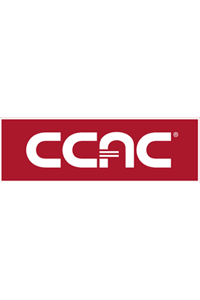
Community College of Allegheny County
Intelligent Score: 95.94In-state: $11,506
Out-of-state: $29,382
In-state: NA
Out-of-state: NA
SAT: N/A
ACT: N/A
Resident: $126 - $252
Non-Resident: $378
Online
Middle States Commission on Higher Education
23 - 34
Austin Community College District
Intelligent Score: 94.53In-state: $24,276
Out-of-state: $26,286
In-state: NA
Out-of-state: NA
SAT: 1120-1365
ACT: 570-690
In-District: $67Out-of-District: $268
Out-of-State: $335
Online
Southern Association of Colleges and Schools Commission on Colleges
17 - 30
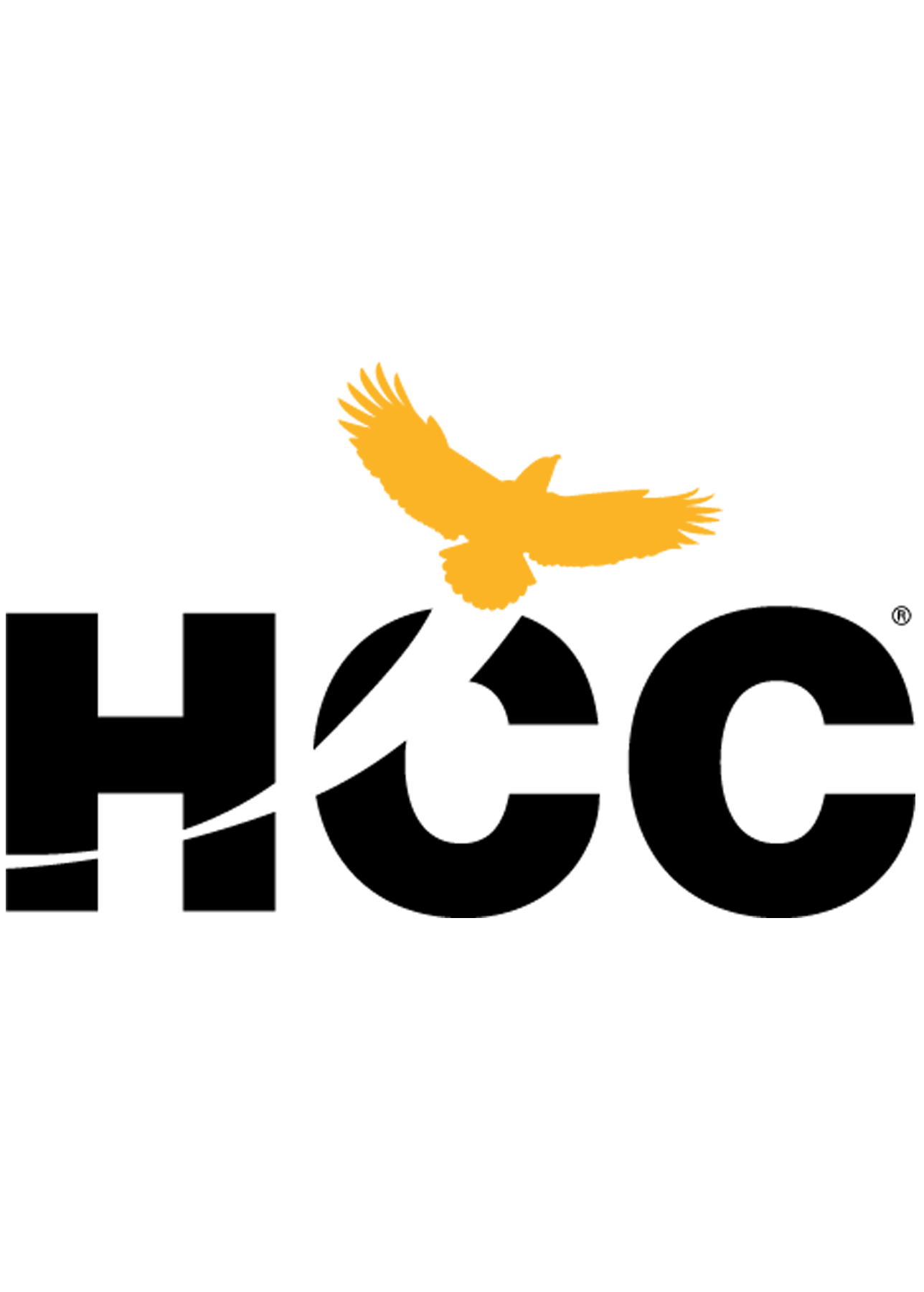
Houston Community College
Intelligent Score: 93.1In-state: NA
Out-of-state: NA
In-state: NA
Out-of-state: NA
SAT: N/A
ACT: N/A
In-District: $33Out-of-District: $121
Out-of-State: $151
Online
Southern Association of Colleges and Schools Commission on Colleges
12 - 18

Wake Tech
Intelligent Score: 92.01In-state: $22,360
Out-of-state: $28,504
In-state: NA
Out-of-state: NA
SAT: 480 or higher
ACT: 18 or higher
In-State: $76
Out-of-State: $268
Online
Southern Association of Colleges and Schools Commission on Colleges
12 - 16
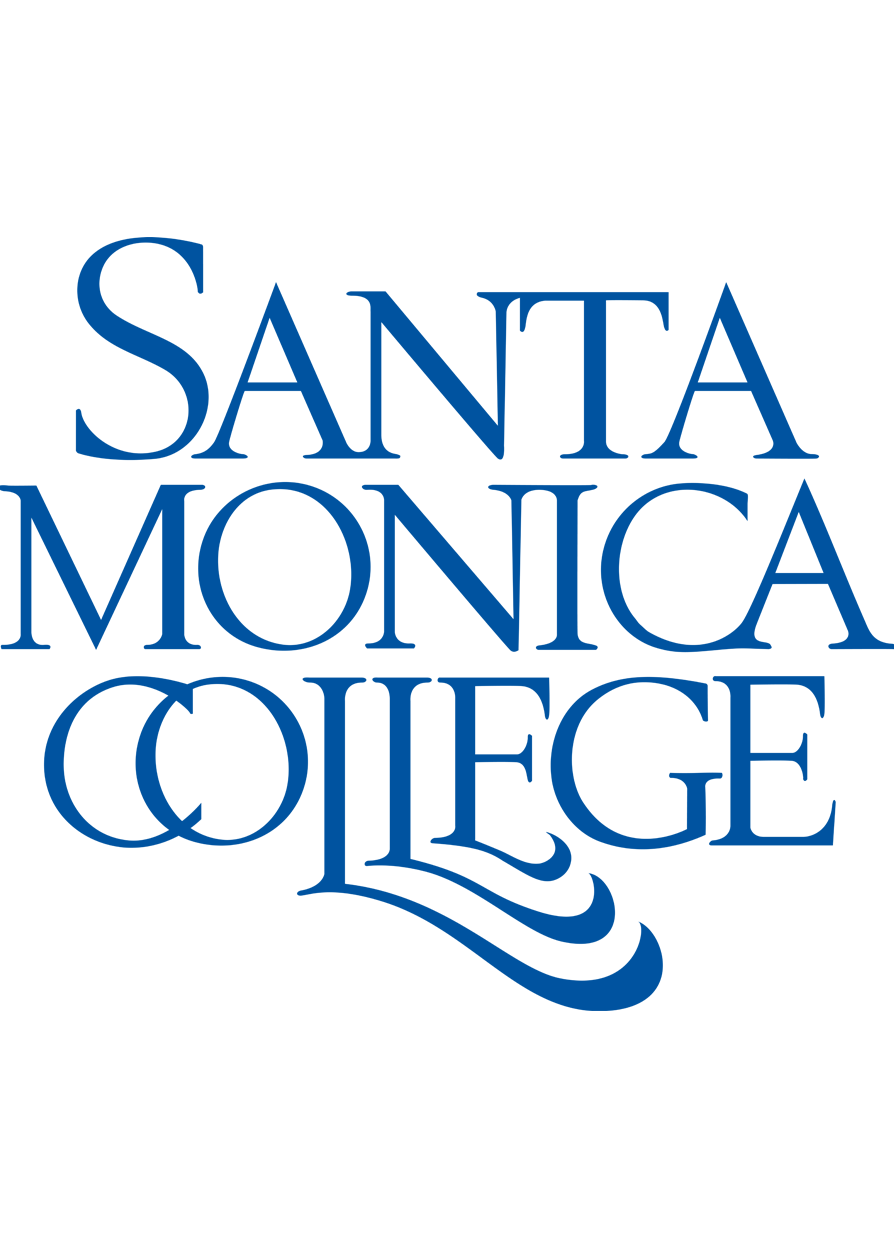
Santa Monica College
Intelligent Score: 91.2In-state: $18,714
Out-of-state: $26,658
In-state: NA
Out-of-state: NA
SAT: Not Required
ACT: Not Required
Resident: $46
Non-Resident: $374
Online
Accrediting Commission for Community and Junior Colleges
16 - 31

Eastern Gateway Community College
Intelligent Score: 90.12In-state: NA
Out-of-state: NA
In-state: NA
Out-of-state: NA
SAT: N/A
ACT: N/A
Resident: $131 - $137
Out-of-State: $138
Online
Higher Learning Commission
33 - 38

University of Arizona
Intelligent Score: 88.69In-state: $10,990
Out-of-state: $33,273
In-state: $11,938
Out-of-state: $11,938
SAT: 1090-1350
ACT: 21-29
Undergraduate: $500 - $600 Graduate: $650 - $1,332
Online
WASC Senior College and University Commission
Undergraduate: 12-18 Graduate: 9-30

University of Alabama at Birmingham
Intelligent Score: 87.53In-state: $10,780
Out-of-state: $30,250
In-state: $10,780
Out-of-state: $10,780
SAT: 1070-1330
ACT: 23-31
Undergraduate: $472 - $541 Graduate: $554 - $702
Online
Southern Association of Colleges and Schools Commission on Colleges
Undergraduate: 12-15 Graduate: 13-23

University of Florida
Intelligent Score: 86.26In-state: $4,477
Out-of-state: $25,694
In-state: $10,770
Out-of-state: $10,770
SAT: 1290-1460
ACT: 29-33
Resident: $111
Non-Resident: $500
Online
Southern Association of Colleges and Schools Commission on Colleges
Undergraduate: 11-15 Graduate: 12-15

Brunswick Community College
Intelligent Score: 84.87In-state: $16,750
Out-of-state: $22,894
In-state: NA
Out-of-state: NA
SAT: 530 or higher
ACT: 18-22
In-State: $76
Out-of-State: $268
Online
Southern Association of Colleges and Schools Commission on Colleges
12-16

North Central State College
Intelligent Score: 84.67In-state: $18,789
Out-of-state: NA
In-state: NA
Out-of-state: NA
SAT: NA
ACT: NA
In-State: $196
Out-of-State: $393
Online
Higher Learning Commission
10-20

Lakeshore Technical College
Intelligent Score: 84.1In-state: NA
Out-of-state: NA
In-state: NA
Out-of-state: NA
SAT: N/A
ACT: N/A
In-State: $149
Out-of-State: $224
Online, On-Campus
Higher Learning Commission
8-15

Cowley College
Intelligent Score: 83.73In-state: $16,500
Out-of-state: $18,000
In-state: NA
Out-of-state: NA
SAT: 730
ACT: 31
Resident: $70 - $90
Non-Resident: $130 - $180
Online
Higher Learning Commission
17-46

Eastern Florida State College
Intelligent Score: 82.8In-state: $17,948
Out-of-state: $25,191
In-state: NA
Out-of-state: NA
SAT: Not Required
ACT: Not Required
Resident: $128
Non-Resident: $508
Online, On-Campus
Southern Association of Colleges and Schools Commission on Colleges
12-43
How to Choose the Online Certificate Program That’s Right For You
Step 1: Clarify needs and goals
Finding the right online certificate program starts with clearly defined needs and goals. Think about what you want to study and why. This reflection will help you determine if certificates are available for your area of study and if they’re the ideal educational path to gain the skills and knowledge you seek. Depending on what you want to learn, consider a bootcamp or full degree program.
Now is also an excellent time to consider your logistical needs. Are you looking for a synchronous or asynchronous program? Will you enroll full-time or part-time? What is your budget for your online certificate program?
Setting these parameters will help you narrow your search as you learn more about potential programs.
Step 2: Research schools and certificate programs
Visiting a school’s website is a great way to research available certificate programs. Students can also learn more by contacting school admissions counselors and program representatives, following programs on social media, and attending virtual open houses and information sessions when available.
Students should confirm that the school offering the certificate program is accredited by a recognized accrediting body. Accreditation ensures that an institution is offering high-quality educational programs.
Additional questions that students should get answered include:
- What does the curriculum include?
- Does completing the course prepare students for any kind of professional certification?
- Who are the faculty, and what are their credentials?
- How do online students interact with faculty and classmates?
- Are courses delivered synchronously or asynchronously?
- What financial support is available to students enrolled in online certificate programs?
- Do students in online certificate programs have access to student services, and if so, what services are available?
Step 3: Submit your applications
Generally speaking, online certificate programs have a lower barrier to entry than degree programs. To find out the application and enrollment process for a particular online certificate program, speak to an admissions counselor or program representative at the institution.
For some programs, students can enroll directly by signing up and paying a fee without an application process. Others may require an application and supporting documents, like letters of recommendation or an essay.
Students usually must submit official transcripts to show they qualify for the program. They may also have to demonstrate specific knowledge or experience in their area of study, especially for advanced online certificate programs.
Step 4: Determine how you’ll pay for your certificate
Although certificate programs are typically less expensive than full degrees, students must consider how they’ll pay for the program and any additional fees.
Students can use federal financial aid, such as loans and grants if they enroll in an approved certificate program. Contact a financial aid counselor or program representative to determine if a certificate program meets the eligibility criteria for federal financial aid. Students will also have to complete a Free Application for Federal Student Aid (FAFSA) to find out if they’re eligible to receive this type of funding.
Schools offer financial aid through scholarships, grants, and tuition discounts to select student groups, such as military service members and veterans. Students who are employed while completing their certificate program can find out if their employer offers tuition assistance benefits.
Popular Online Certificate Areas of Study
Healthcare
Healthcare is one of the fastest-growing fields in the U.S., with an estimated 1.8 million new job openings annually, on average, through 2032. There are also multiple jobs within healthcare that students can prepare for by earning an online certificate, including medical assistants, medical records specialists, and surgical assistants. Many of these positions require professional licenses and certifications, so students should confirm that any post-secondary certificate programs they’re considering meet the criteria for these credentials. Students who currently work in healthcare can use graduate certificates to master advanced skills, which can lead to promotions and leadership opportunities.
Information technology
Computer and information technology is another booming field with various post-secondary certificate options. The BLS predicts much faster than average job growth in the industry through 2032, with about 377,500 new job openings on average each year. Students can use post-secondary or bootcamp certificate programs to develop skills for entry-level jobs as web designers, software developers, and information security analysts. Because technology changes rapidly, certificates are also a popular way for tech workers to stay current in their skills and knowledge. Like healthcare, students can obtain many professional IT certifications based on their area of expertise.
Business
With an average of 911,400 new job openings annually through 2032, business and finance is another field certificate-seeking students may want to consider. With undergraduate certificates, students can learn the basics of accounting, human resources, and project management. Certificates in entrepreneurship can help individuals of all backgrounds who want to start their own businesses, and graduate-level students can use certificates to help them sharpen the hard and soft skills they need to advance into management roles. Different professional certifications are available for various business sub-fields, including business analysis, management, supply chain, and more.
Education
Although most teaching positions require at least a bachelor’s degree, students can access other roles within the education field with a certificate. These roles include teacher assistants, tutors, and library technicians. Graduate certificates in education and related areas are also popular for licensed educators to get the continuing education credits they need to maintain their professional licensure. Teachers who want to transition into leadership roles can seek out certificates covering skills like administration, educational technology, management, and more.

